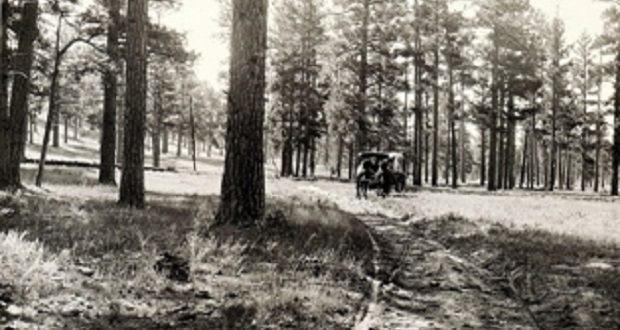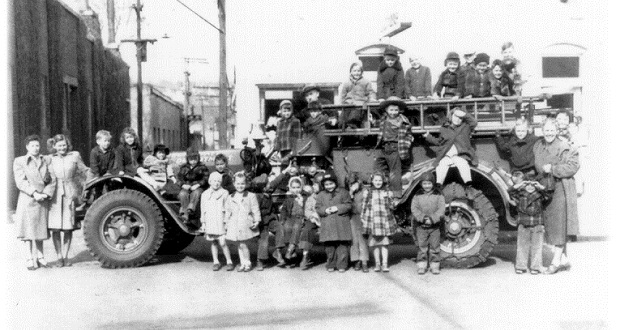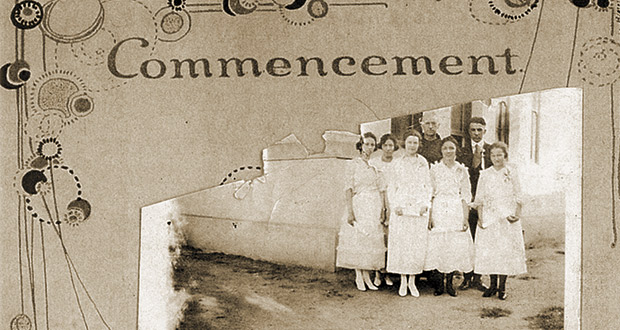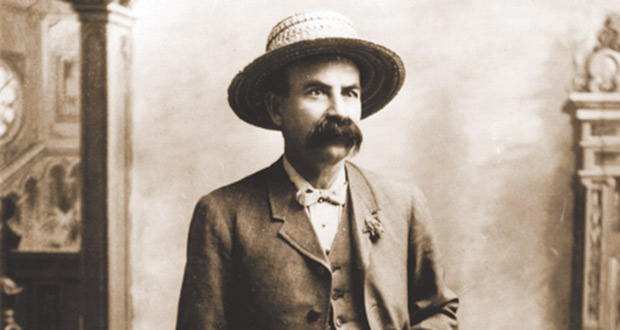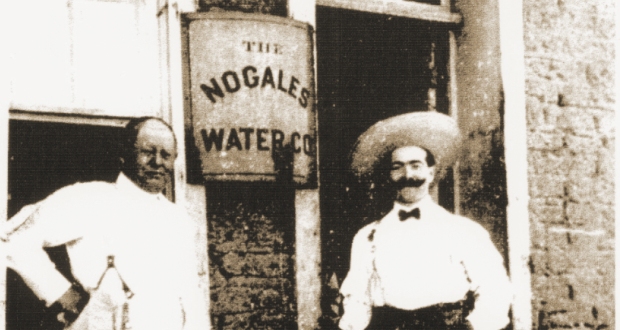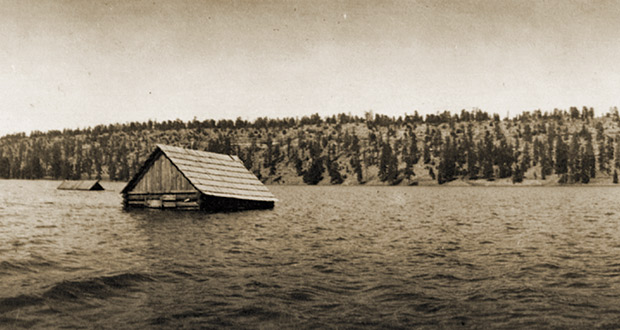Promoting Tourist Travel in 1884 Northern Arizona
The following article appeared in the Weekly Champion, a Flagstaff newspaper, on March 22, 1884. Today’s reader may enjoy the flowery writing style of the time; may be curious as to why the route would travel so far to the west unless it was to reach the waters of the Colorado River instead of viewing the Canyon from the rim?
Cochise County Attorney Allen R. English
Allen Robert English, born in Saginaw, Michigan in 1858, earned a law degree by age 19. His father was a well-to-do shipbuilder and his mother was from a pioneer Irish family, the Fitzgeralds of Maryland.
Scarce Funding for 1920s Early Education
Every year that teacher Anne Tinsley taught kindergarten at Flagstaff’s Emerson School, the 40 or so members of her class got to visit the fire department and sit on the huge fire truck.
The Class of 1920
These students are the first graduating class of St. Mary’s High School in Phoenix. Founded in 1917, the school first held classes in the tiny second floor of St. Anthony’s grammar school (since razed) next to St. Mary’s Church.
Mining Man & Mayor
Abraham Hyman Emanuel was an Easterner who made his fortune in the gold and silver mines and mining towns of the American West.
Nogales Pioneer Leopold Ephraim
Leopold Ephraim, born in Chulm, Prussia (now Poland) on April 16, 1850, left Europe for America in 1869 to avoid military service for Russia.
Will Rogers, Jr.
Born in New York in 1911 when his famous father, the humorist Will Rogers, was starring in the Ziegfeld Follies, William Vann Rogers Jr. grew up in the house that is the centerpiece of Will Rogers State Historic Park.
The First Pima County Supervisors
With that proclamation, the first Pima County Board of Supervisors began its duties. The first four counties in the Arizona Territory — Yuma, Mohave, Yavapai and Pima — were created on Nov. 6, 1864. Each, at its own expense, had to provide a suitable courthouse, a jail and fireproof county offices.
Switzer’s Stores
This 1954 photo of the opening of Switzer’s Department Store in Park Central Mall (on Phoenix’s Central Avenue near Thomas Road) captures the moment when the small town that Phoenix had been in the first half of the 20th century began its transformation into today’s decentralized urban megalopolis.
Wikle’s Stationers
The happy pair cuddling under the neckers nook sign are John Marion Wikle (sounds like cycle) and his wife Margy, born Margy Lee Standage. Though this late ‘20s photo was taken in Los Angeles, John and Marion were Phoenicians who from the late 1930s to the 1970s owned and operated Wikle’s stationery store, a fixture in downtown Phoenix for 60 years.
The Lakes Mary
Lake Mary, a man-made body of water, was created less than a year after a dam was built in a shallow valley south of Flagstaff. Remnants of a temporary sawmill and living quarters can be seen in this March 1905 photograph of the lake, which measured half a mile wide, 6 miles long and 28 feet deep.
Modern Flagstaff
Baby-boomers finishing their education and starting families sought the small-town feel of Flagstaff in the 1970s and 1980s. Well-paying jobs were scarce; so many PhD’s served drinks and waited on tables until they could find suitable employment. One of the best places to find a career was with the W.L. Gore Company that opened its Flagstaff plant in 1967.

